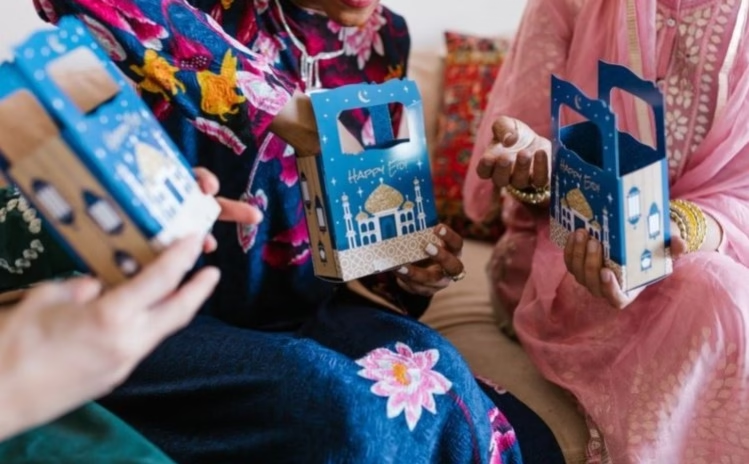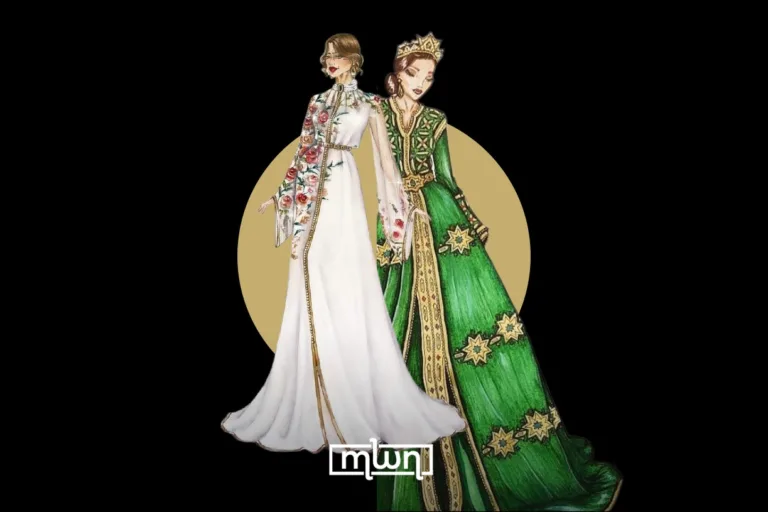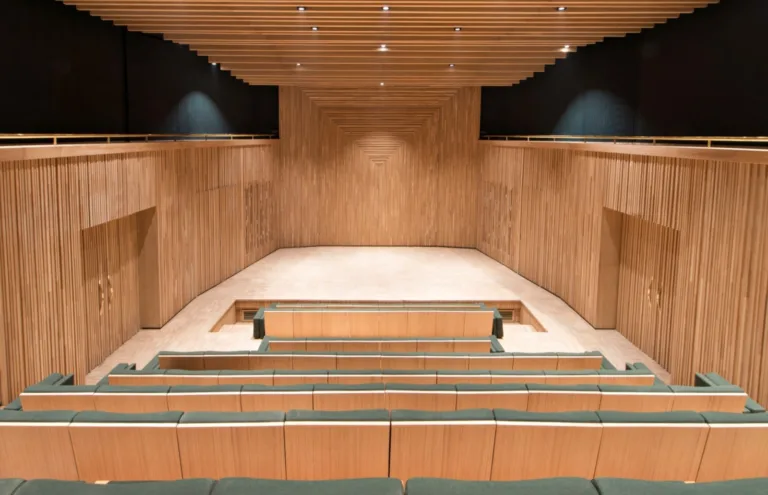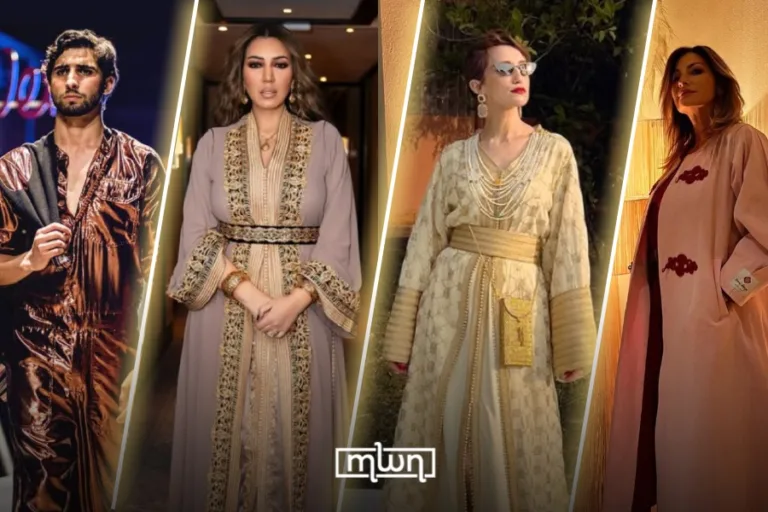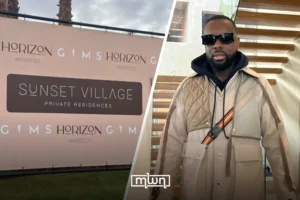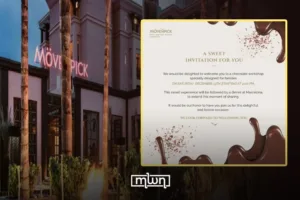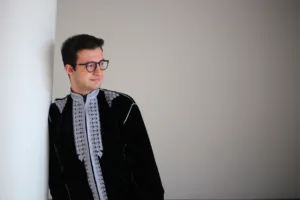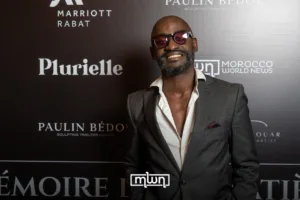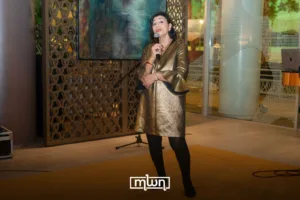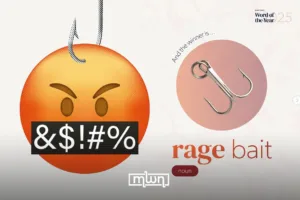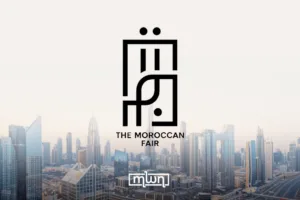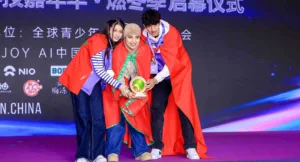Eid isn’t complete without new clothes, sweet treats, and most importantly, cash in hand!
Fez – Nothing lights up a child’s eyes on Eid morning quite like the promise of “Eid money,” those crisp banknotes that feel like pure magic in tiny hands.
In Morocco, just like in many other Muslim countries, this cherished tradition has been around for centuries, bringing joy to young and old alike.
While in the East, it’s called “Eidiya,” in Morocco, we simply call it “Flous L’Eid,” because, let’s be honest, nothing says celebration quite like cash!
For kids, Eid morning is a strategic mission. They wake up, put on their brand-new outfits, and wait (sometimes not so patiently) for the Eid money rain to begin.
The first target? Their dad, fresh from Eid prayers, who must deliver his contribution before breakfast is even considered.
Then comes the extended family: grandparents, uncles, aunts, each one a potential source of financial happiness.
And what do kids do with their newfound wealth? That depends. Some burn through it instantly on sweets, balloons, and those noisy plastic toys that drive parents crazy.
Others play it cool, stash it away, and flex their savings skills. But let’s be real, most will spend it all within 24 hours on whatever catches their eye in the festive streets.
While Eid money was once exclusively a children’s privilege, times have changed. These days, even adults get in on the action.
Parents might give it to their teenagers, husbands surprise their wives, and some generous elders hand out a little something to their entire family.
After all, nothing beats the universal joy of unexpected cash.
Of course, over time, Eid gifts have expanded beyond money. Some people prefer giving clothes, sweets, or even small tokens of appreciation.
Read also: “Haqq Al-Melh”: Morocco’s Most Heartfelt Tradition
But let’s be honest: when given the choice, who wouldn’t pick cash?
Eid money isn’t just a modern-day invention. Historians trace its origins back to the Mamluk era, when it was known as “Jamiqiya”: a special allowance given for new clothes.
Depending on status, some received golden dinars, while others got silver coins.
Later, under the Ottoman Empire, the practice evolved, sometimes including sweets and gifts alongside the money.
The tradition spread across the Muslim world over time, morphing into what we now call Eid money.
Like clockwork, every Eid, someone brings up the “Is Eid money a religious obligation?” debate.
The answer? Nope! Islamic scholars have clarified that Eid money isn’t a religious duty but rather a beloved custom that aligns with the Islamic value of gift-giving.
It’s all about spreading happiness, strengthening bonds, and making the holiday extra special, especially for kids.
At the end of the day, Eid isn’t just about money, gifts, or even the feast that follows. It’s about joy, family, and connection. The real treasure is in the smiles it brings.

